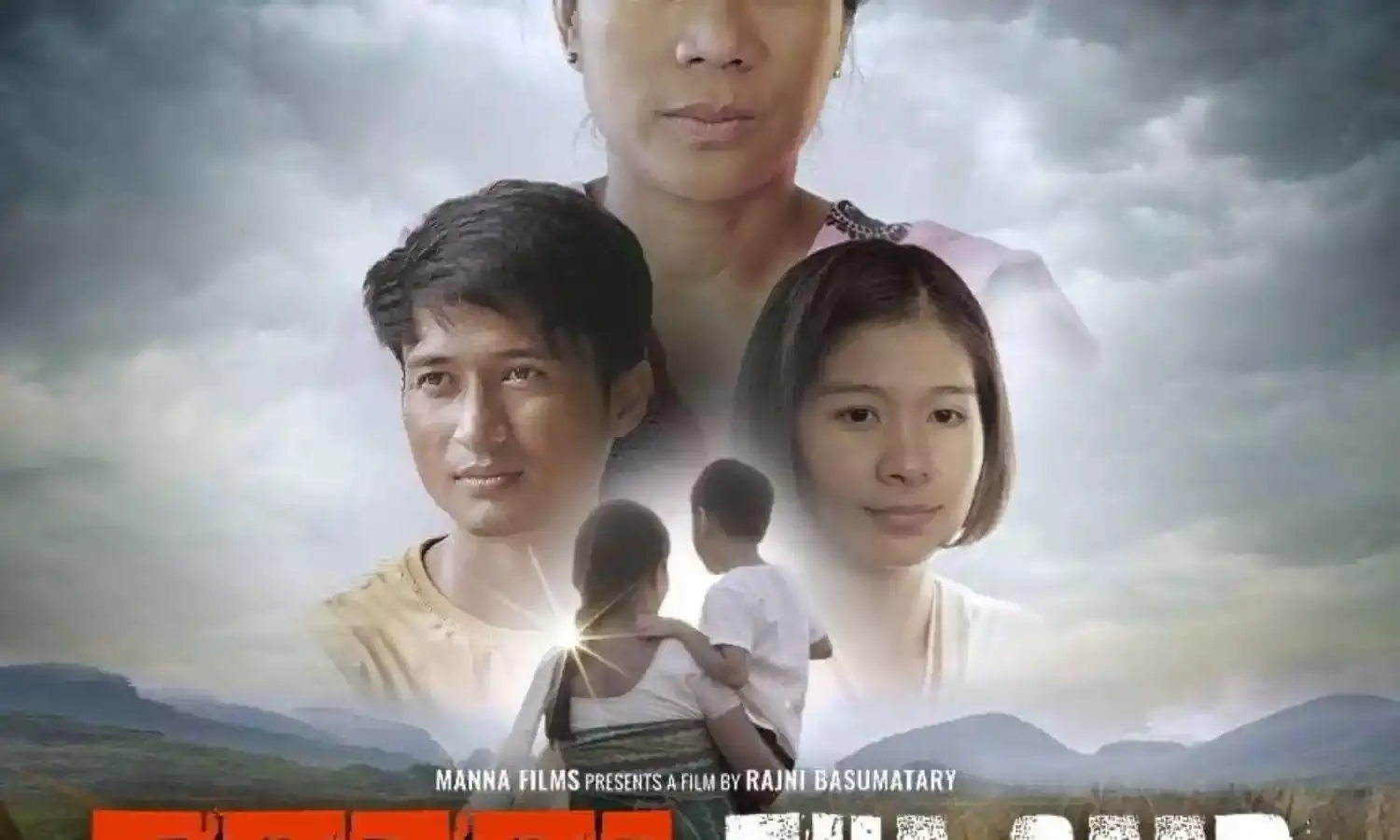Horrors of AFSPA Portrayed in Reel by Actor who Played Mary Kom’s Mother
‘Even the Army can stay – but why this law?’
GUWAHATI: Rajni Basumatary who played Mary Kom’s mother in the eponymous biopic, has created a film that depicts the horror of the Armed Forces Special Powers Act or AFSPA.
Jwlwi – The Seed is a Bodo language film dealing with the struggle of families who lost their near and dear ones when the insurgency was at its peak in Assam and the northeast region.
Writer, director and producer Basumatary, who herself witnessed the horrors of the draconian law in the late 80s and 90s, says the world must know about this sordid saga.
A strong advocate of repealing AFSPA, Basumatary plays the protagonist Alaari in the film, which shows her struggle to bring home her last child after the family crumbles amidst war.
Excerpts from an interview with The Citizen:
Why is this story so important to tell viewers across the world?
I’m happy that finally I could tell these stories of pain and suffering to viewers from across the globe. We grew up in the late 1980s and 1990s listening to the horror tales of suffering. People lost their near and dear ones. Families suffered at the hands of state and non-state perpetrators of violence.
Security personnel would pick up youths and torture them. My own nephews were killed amidst that chaos, and one of my brothers disappeared. He has till date not returned home. My parents lived and died hoping their son would return home some day. This is a story that needed to be told.
You have depicted the horror of AFSPA on village women and men which gives goosebumps to viewers. What is your take on AFSPA, which in effect gives the Indian Army sweeping powers to arrest anyone on mere suspicion?
As you know AFSPA is prevalent in the northeast states and in Jammu and Kashmir. I have witnessed the worst impact of it. It should be repealed at the earliest. There are already the police and paramilitary forces. Even the Army can stay – but why this law?
During the peak of the counter-insurgency days, most probably in the year 1999-2000, our house in Rangapara was bombed in the middle of the night, leaving my mother in bad shape. Though she narrowly escaped, she suffered from hearing loss.
This is just an example of how people lived with it in Assam and most of the parts of the region. So, AFSPA must go.
Though you have directed Assamese films before, this must have been a different experience for you?
Yes, absolutely, it was a different experience for me as a filmmaker. The film has been shot in the actual villages and many of the actors are not trained actors, in fact they are the victims of the insurgency days.
It was like all the horror episodes of the past came alive again. In every village, every household has a story to tell… someone may have lost their son, and some are still waiting in vain for their husbands to return.
One scene shows Indian Army personnel invading a household in the dark, looking for their son whom they suspect to be linked with insurgents. The mother’s role in that scene was played by someone who had actually faced that moment in her real life.
That lady in Udalguri district was in tears. When she was acting in the scene, it came naturally to her as she had faced that trauma, of seeing her son taken away in front of her eyes.
Do you think that all these years of pain and suffering have made you brave, to tell the story in this way?
Yes… I would say so. When I was younger and the wounds were fresher I was highly emotional about it, but with time I have matured. This is the right time to tell the story because I am in a position to narrate it objectively.
Even ten years ago, if I was to tell this story, I would probably have narrated it in a slightly different way. Now I have come to terms with it, and am not in the state of playing victim or the blame game.
Pains and sufferings make one stronger and braver.
You had a tough time gathering the funds to make this movie. Luckily you got a co-producer from Dubai – how did that happen?
I always believed that if I begin the project there will be a way to go forward. So, I just started with whatever I had in hand, plus the amount my husband contributed.
That way we almost had 70 percent, but the last 30 percent was very crucial for the film. That was the post-production part. That’s when I started looking for funds.
For my previous films I had taken loans, but this time I was sure not to do that. It’s very difficult to repay. So, I started to look around and initiated crowd funding, which turned out not to be enough.
After that I happened to meet Jani Viswanath, who stays in Dubai, through a common friend. After the first meeting itself she readily agreed to do the film. I’m thankful to Jani for helping me complete the project.





